
COLLEGE PARK
| Home |
| Research |
| Dr. Cassidy |
| Laboratory Members |
| Resources |
| Publications and Presentations |
LABORATORY MEMBERS
Current & Former Graduate Students and Post-Docs | Collaborators | Current & Former Research Assistants
| Current & Former Graduate Students and Post-Docs: | |||
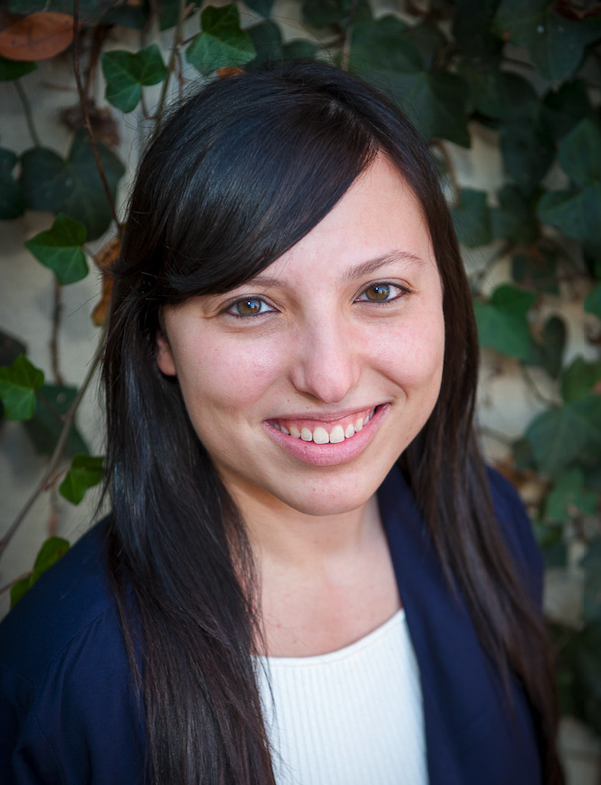 |
Megan Fitter, M.S. is a fourth-year graduate student in the Developmental Psychology doctoral program. She is currently examining how attachment security relates to social-cognitive biases in peer and romantic relationships, and how the quality of early close relationships influences the quality of other close relationships throughout the lifespan. |
||
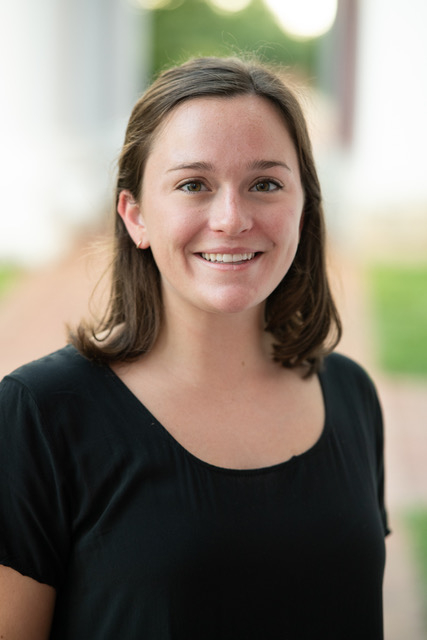 |
Davis Straske, B.A. is a second-year graduate student and research assistant in the Developmental Psychology doctoral program. She graduated from Washington & Lee University in 2019 with a Bachelor's degree in Psychology and a minor in Dance. She is interested in how attachment styles influence children’s prosocial development, and how parenting styles, behaviors, and play can lead to differential socioemotional child outcomes. |
||
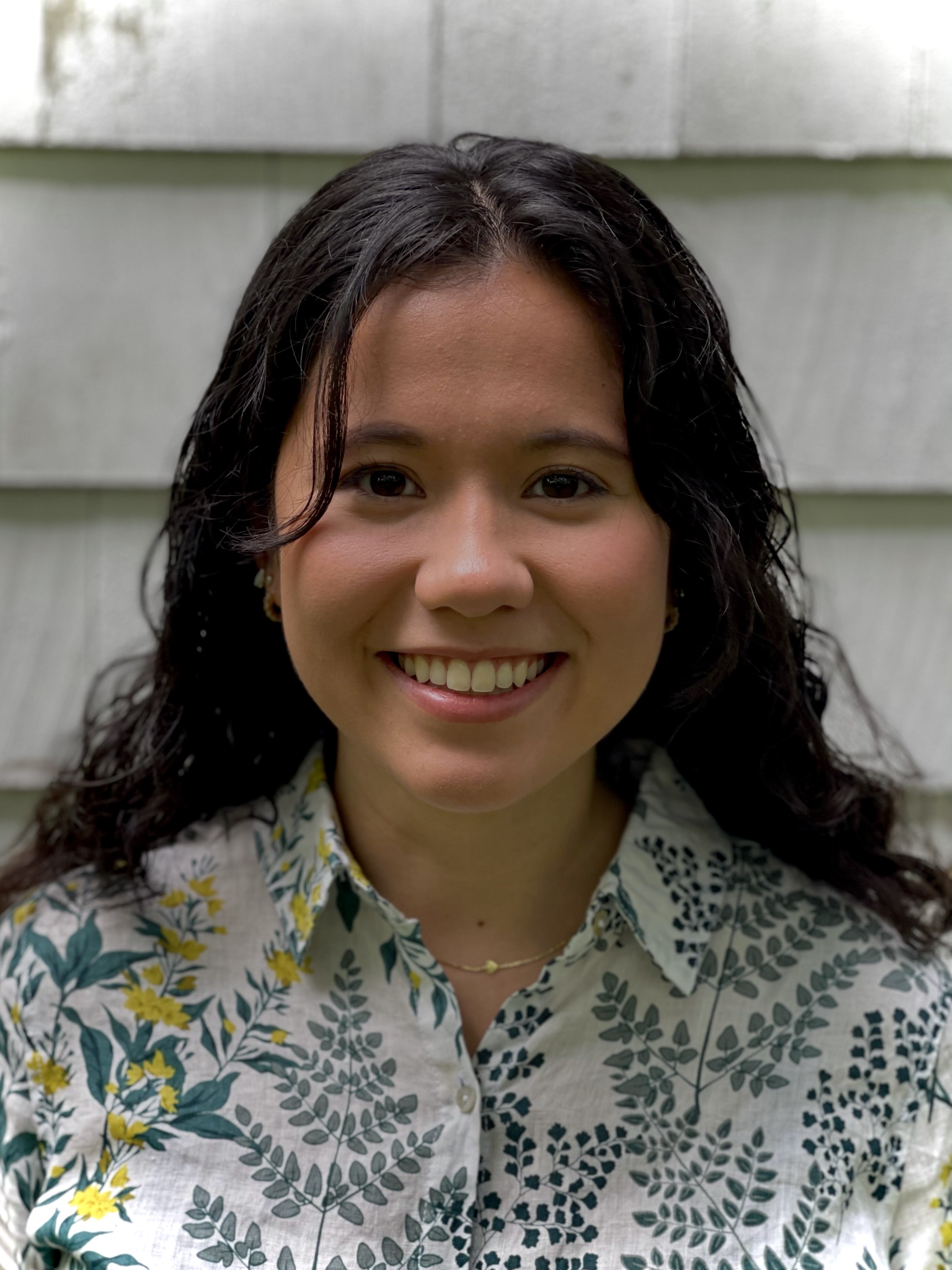 |
Sayaka Awao, B.A. is a first-year graduate student and research assistant in the Developmental Psychology doctoral program. She graduated from the University of Connecticut in December 2019 with a Bachelor's degree in Psychological Sciences. She is interested in understanding how attachment influences children and their family's ability to overcome life challenges. Specifically, she would like to gain a deeper understanding of what contributes to individual differences and how interventions can be tailored to families of different cultural backgrounds. |
||
Lisa Berlin, Ph.D. is a professor at the University of Maryland School of Social Work. Her research focuses on early child-parent attachment as well as programs and policies to support early parenting. Dr. Berlin has been conducting attachment and intervention research for over 20 years across multiple disciplines including human development, psychology, social work, and public health. A major thrust of Berlin’s research agenda concerns the extent to which attachment-based programs can add value to publicly funded services designed to support early parenting and child development. |
|||
 |
Bonnie E. Brett, Ph.D. is a postdoctoral fellow in the Developmental Psychobiology Lab at the Donders Institute for Brain, Cognition, and Behavior, a part of the Radboud University Medical Center in Nijmegen, the Netherlands. Her research focuses on contextual factors influencing cognitive, social, and emotional development in early childhood, including the parent-child relationship, the school environment, and early health and nutrition. She is also in taking scientific findings to scale in an affordable and sustainable manner through early intervention. | ||
 |
Matt Dykas, Ph.D. is a Maryland graduate. He is currently an Associate Professor at SUNY Oswego and Director of the Relationships Across Development Laboratory. He is interested in attachment and peer relationships in adolescence, caregiving processes, social-information processing, and attachment-based intervention. |
||
 |
Katie Ehrlich, Ph.D. is a graduate of the Maryland Child and Family Development Lab. She is an assistant professor at the University of Georgia, where she directs the Health and Development Lab. Her research team studies how children’s social experiences shape their mental and physical health across the lifespan. She is especially interested in how close, nurturing relationships may offset risks for poor health outcomes among children who are living in challenging environments. |
||
 |
Brooke Feeney, Ph.D. is Professor at Carnegie Mellon University and Director of Carnegie Mellon University Relationships Lab. Her research focuses on how close relationships, and specific social behaviors and social interactions occurring within those relationships, facilitate or hinder human thriving. |
||
 |
Jackie Gross, Ph.D. is a graduate of the Maryland Child & Family Development Lab. She is currently a SRCD Federal Executive Branch Fellow in the Office of Planning, Research, and Evaluation (OPRE) in the Administration for Children & Families of the U.S. Department of Health and Human Services, where she is working on research and evaluation projects in the Head Start and Child Welfare portfolios. Jackie's research focuses on how family and environmental factors, in particular the parent-child relationship and parenting behaviors, influence children's social-emotional development. | ||
 |
Jason D. Jones, Ph.D. is a Research Assistant Professor of Psychiatry at the University of Pennsylvania Perelman School of Medicine and a Research Scientist in the Department of Child and Adolescent Psychiatry and Behavioral Sciences at the Children’s Hospital of Philadelphia. Dr. Jones is a broadly trained psychological scientist with interests that lie at the intersection of developmental psychology, social psychology, clinical psychology, psychiatry, and pediatrics. He has an extensive background in adolescent research, ranging from large-scale prospective studies of adolescent development to randomized clinical trials of adolescent depression prevention. The unifying theme underlying his research is the application of an interpersonal framework to advance the understanding of risk and protective factors for adolescent psychopathology with the ultimate goal of guiding prevention efforts. | ||
 |
David Martin, B.A. was a graduate research assistant working toward his M.S. and Ph.D. in developmental psychology. He is interested in children's representations and how those representations serve as a guide for future relationships. Specifically, he is interested in the Secure Base Script and how it develops in childhood. | ||
 |
Fatima Ramos-Marcuse, Ph.D., NPP was a post-doctoral researcher in the Maryland Child and Family Development Lab. She is now a practicing psychotherapist and nurse practitioner in psychiatry, providing mental health services to children, adolescents, families, and adults. |
||
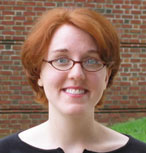 |
Mindy Rodenberg-Cabrera, M.S. received her degree in 1999 in Marriage & Family Therapy from the Department of Family Science at the University of Maryland. She served as project coordinator for "Attachment and Relationships in Adolescence" and "Hand-in-Hand Infant Development Project" | ||
 |
Laura J. Sherman, Ph.D. is a graduate of the Maryland Child and Family Development Lab. She earned her doctorate in Psychology and a graduate certificate in Measurement, Statistics, and Evaluation in 2013. She is passionate about using research and data to improve the lives of mothers, children, and families. She began her federal career in 2015 and is currently a Social Science Analyst in the Maternal and Child Health Bureau with the federal home visiting program. In that role, she develops policy recommendations, requirements, and technical assistance for state-led evaluation of the Maternal, Infant, and Early Childhood Home Visiting (MIECHV) program. She has published peer-reviewed articles and conference presentations on children’s mental health, maternal depression, substance use affecting children, youth, and families, and intervention and treatment support. In addition, she contributed to the design and operation of the National Survey on Drug Use and Health (NSDUH). | ||
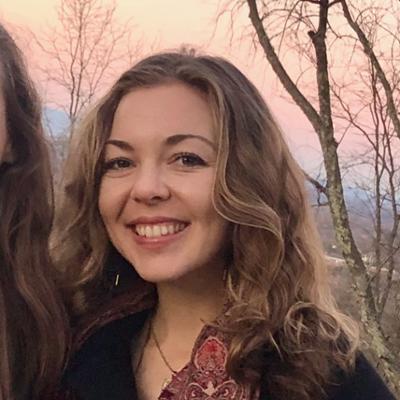 |
Jessica Stern, Ph.D. completed her graduate work on attachment and empathy with the Maryland Child and Family Development Lab in 2019. She currently works as an NIH NRSA Postdoctoral Fellow at the University of Virginia, teaching classes on child development and conducting research on how social relationships shape moral emotions and behavior among young children, adolescents, and adults. |
||
 |
Brandi Stupica, Ph.D. is a graduate of the Maryland Child and Family Development Lab. She is currently an assistant professor at Alma College, where she studies how parental availability and responsiveness shape children's physiological and behavioral responses. |
||
 |
Susan Woodhouse, Ph.D. was a post-doctoral researcher in the Maryland Child and Family Development Laboratory. She is now an Associate Professor at Lehigh University. Her research focuses on attachment and emotion regulation, preventive parenting interventions for families with infants and young children, and the process and outcome of parenting interventions. |
||
 |
Yair Ziv, Ph.D. Yair Ziv serves as the chair of the Multidisciplinary Program for Early Education and Development, Dept. of Counseling and Human Development, University of Haifa. He is also the head of the Early Education and Development Lab and serves as the Chair of the Early Education Profession Committee in the Israeli Department of Education. His research focuses on preschool children's social and emotional development. Specifically, he is interested in young children's social relationships and the ways by which these inform their social cognition. In addition, a major part of his research focuses on the types of relationships that develop between children and their caregivers, both at home and in early educational settings. |
||
|
|||
| BACK TO TOP | |||
|
|||
| Collaborators: | |||
 |
Tom Borkovec, Ph.D. is is Distinguished Professor of Psychology, Emeritus, at Penn State University. His research included trauma, anxiety, and cognitive therapy. |
||
 |
Stacey Daughters, Ph.D. is a Professor at the University of North Carolina at Chapel Hill, studying the neural and behavioral determinants of substance use risk and treatment response, and the translation of this knowledge into the development and testing of novel treatments for substance use disorders. |
||
Michele Gelfand, Ph.D. is Professor of Psychology and affiliate of the RH Smith School of Business and is a Distinguished University Scholar Teacher at the University of Maryland, College Park. Her research focuses on cultural influences on conflict, negotiation, justice, and revenge; workplace diversity and discrimination; and theory and methods in cross-cultural psychology. |
|||
 |
Carl Lejuez, Ph.D. serves as dean of the College of Liberal Arts & Sciences at Kansas University. Most recently, he was professor of psychology and associate dean of research for the College of Behavioral and Social Sciences at the University of Maryland. His research interests include include mood disorders, addictions, mental health interventions for marginalized and underserved populations. |
||
 |
Robert Marvin, Ph.D. is Professor Emeritus in the School of Medicine and Research Professor in the Department of Psychology at the University of Virginia and Director of The Mary D. Ainsworth Child-Parent Attachment Clinic. He is one of the originators of the Circle of Security attachment-based intervention. | ||
 |
Mario Mikulincer, Ph.D. is Professor of Psychology and Dean of the New School of Psychology at the Interdisciplinary Center (IDC) Herzlyia. His main research interests include attachment theory, terror management theory, personality processes in interpersonal relationships, coping with stress and trauma, grief-related processes, and prosocial motives and behavior. |
||
 |
Jonathan Mohr, Ph.D. is an Associate Professor in Counseling Psychology at the University of Maryland. His main research program focuses on manifestations of stigma, discrimination, and stereotypes, particularly with respect to lesbian, gay, and bisexual (LGB) people. |
||
 |
Elizabeth Redcay, Ph.D. is an Associate Professor in Psychology at the University of Maryland and member of the Neuroscience and Cognitive Science (NACS) program. Her research examines the development and neural correlates of social interaction and social cognition in both typical and atypical development, specifically individuals with autism spectrum disorder. | ||
 |
Tracy Riggins, Ph.D. is an Associate Professor in at the University of Maryland. Her main research program focuses on providing a better understanding of memory development by examining changes in neural substrates. |
||
 |
Phil Shaver, Ph.D. is Distinguished Professor at University of California, Davis. He served as co-editor (along with Dr. Cassidy) for the third edition of the Handbook of attachment: Theory, research, and clinical applications. |
||
 |
Kent Hoffman, Bert Powell & Glen Cooper are the originators (along with Robert Marvin) of the Circle of Security attachment-based intervention. |
||
 |
Howard Steele, Ph.D. is Professor of Psychology, Director of Graduate Studies, and Co-Director of the Center for Attachment Research at the New School for Social Research. He is also Editor of the journal Attachment and Human Development. His research interests include attachment theory, intergenerational patterns of attachment, mourning in response to trauma and loss, and attachment-based interventions to prevent child maltreatment and promote secure, organized attachments. |
||
| BACK TO TOP | |||
|
|||
| Current & Former Research Assistants: | |||
We would like to thank all of our dedicated undergraduate research assistants who make data collection, entry, and coding possible! We appreciate all your hard work! |
|||
 |
Gunleen Deol | ||
.jpeg) |
Amanda Trujillo | ||
 |
Sarah Knoll | ||
 |
Matt Barnes | ||
 |
Allie Butts | ||
 |
Latisha Curtis | ||
 |
Casey Dillon | ||
 |
Sonia Giron | ||
 |
Megan McSwiggan | ||
 |
Payal Patel | ||
 |
Shaina Wamsley | ||
 |
Elysha Weissglass | ||
 |
Nick is our honorary research assistant! | ||
| BACK TO TOP | |||
